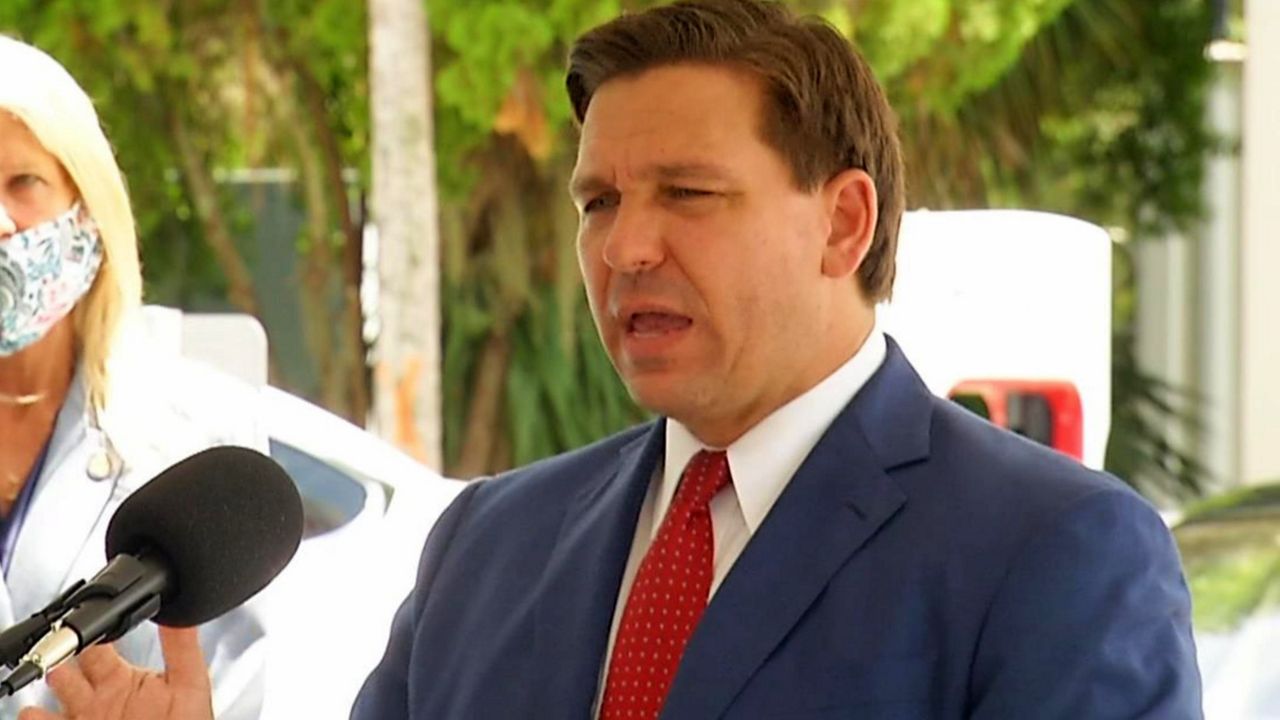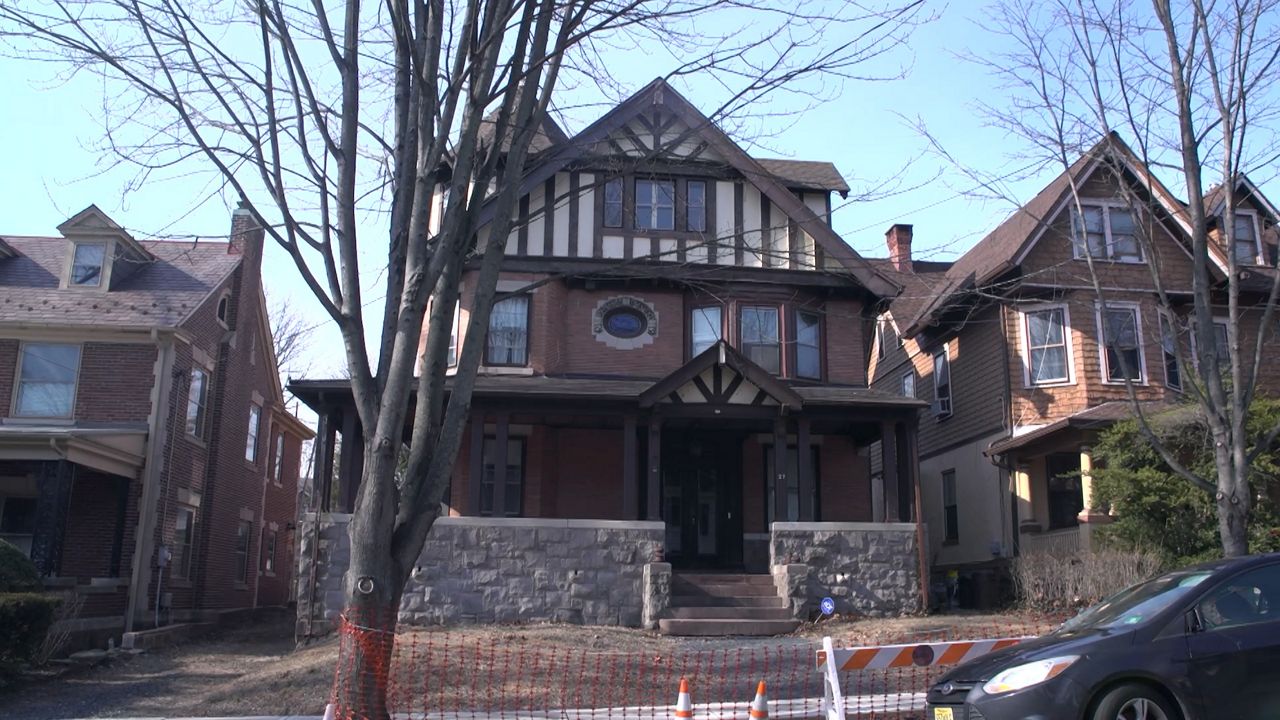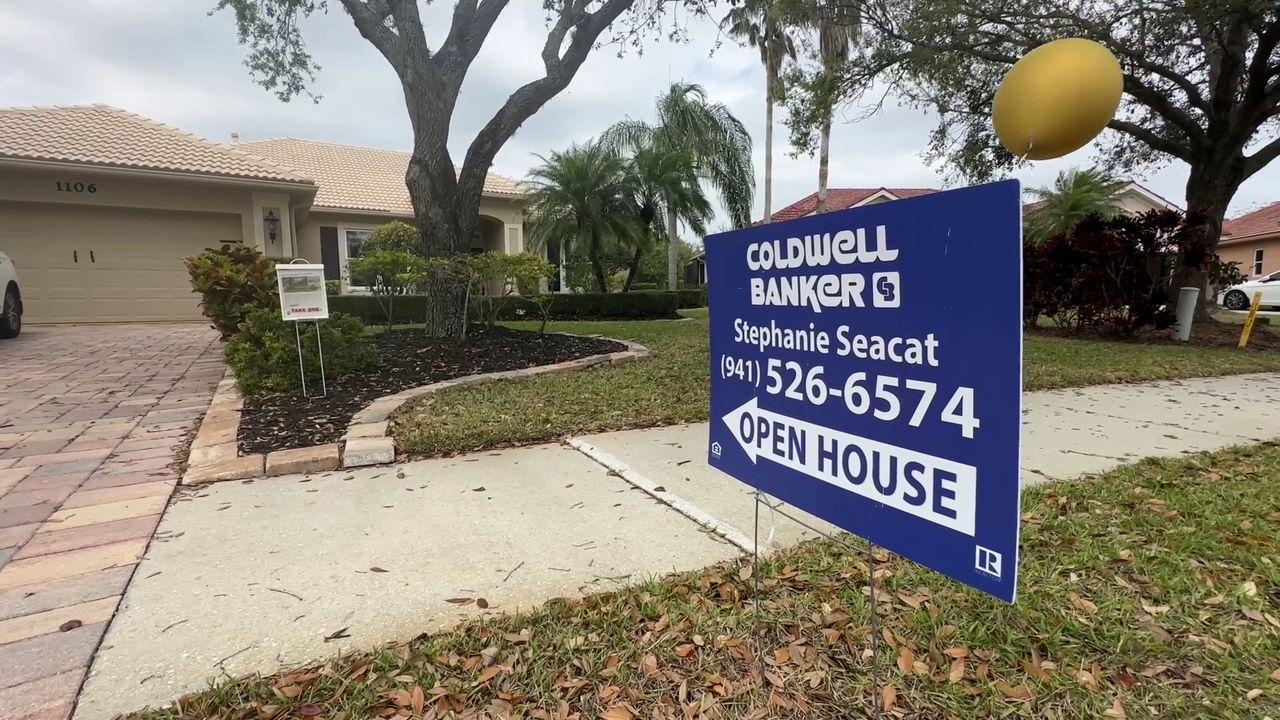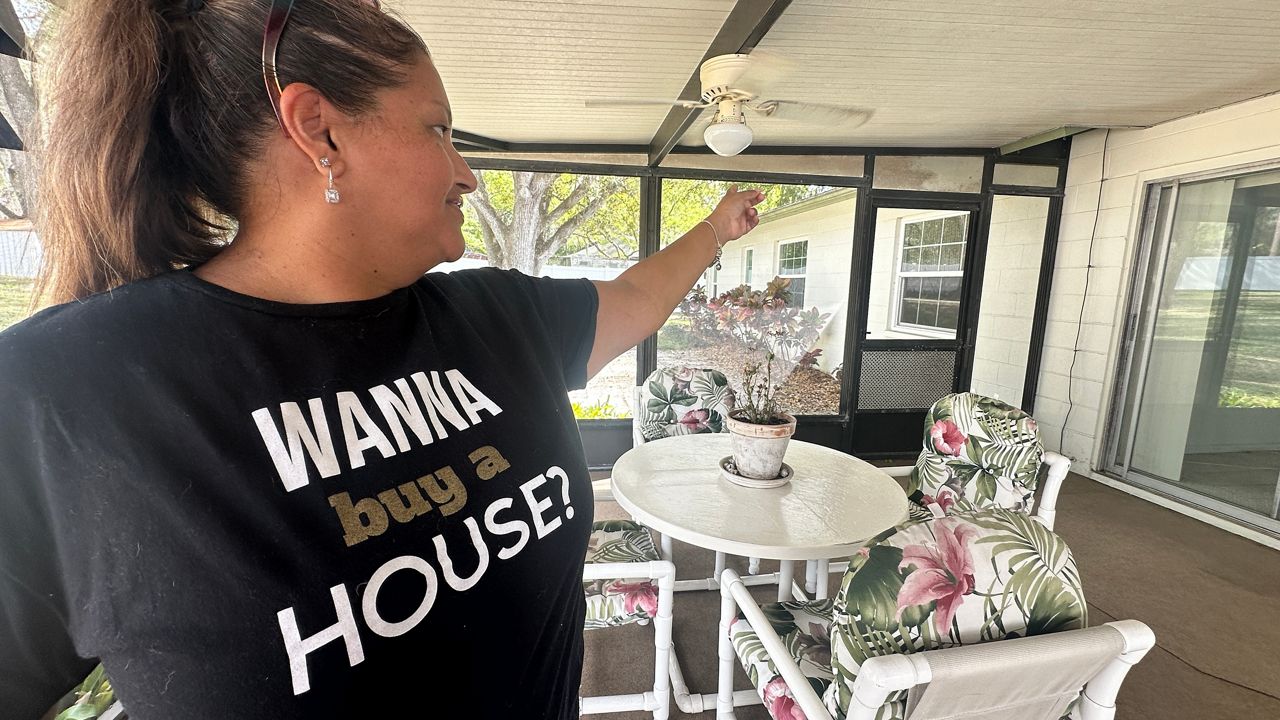STATEWIDE — The moratorium on evictions and foreclosures got a late-night extension by Gov. Ron DeSantis, although moving forward it will shift some of the burden of relief back on to renters.
What You Need To Know
- The ban was scheduled to expire at 12:01 a.m. on Tuesday, September 1.
- The new deadline for moratorium is now October 1.
- The governor first issued the moratorium by executive order back in April.
- It allows people to stay in their homes even if they fell behind on their rent or mortgage payments.
Landlords can file eviction actions in court, however final judgments will be withheld until the moratorium is lifted.
Renters behind on monthly payments will need to file a motion in court proving they have a coronavirus hardship causing them to miss rent payments, such as a job loss or other income reduction.
And when the hardship passes, all accrued rent payments dating back to April when the moratorium was put in place will be due.
The moratorium extension comes as bad news for landlords who have been in limbo for five months, not being able to take legal action to retrieve lost rent payments.
Foreclosure attorney Charles Gallagher III said last week an extension would be a short-term fix, but not a long-term solution.
"None of the forbearances, none of the executive orders, did anything with the rent or mortgages that were accruing," Gallagher said. "So all of these evictions, all of these forbearance claims did not wipe away the rent or wipe away the mortgager payments. They are all due and they all remain open."
The foreclosure attorney continued, saying that regardless of the governor’s decision, more has to be done to address the growing financial problem triggered by the COVID-19 pandemic. Gallagher suggested that homeowners and renters start addressing the problem now.
"Work out some type of plan that would provide something more than just your monthly rent each month to chip away at that surplus of rent that accrued over that time frame," Gallagher said.
Families who aren’t making ends meet say the uncertainty has to end.
"Not knowing until the very last minute every single month of whether or not you stand to be evicted or not be evicted, it's unacceptable," said Beth Wiggins. She was laid off from her full restaurant job at a Florida theme park.
The experts say, even when the moratorium is allowed to expire, families will not find themselves on the street right away. It could take months for foreclosures and eviction orders to move through the court system.
Groups on both sides, renters and landlords, are arguing more needs to be done by the state for rent assistance.
But right now, it is not known where that money would come from.
The moratorium is now set to expire on October 1.
Sign up now for one of our newsletters that will show up in your inbox every weekday at 1 p.m. The newsletters highlight the most important stories of the day that you need to know for your area.








